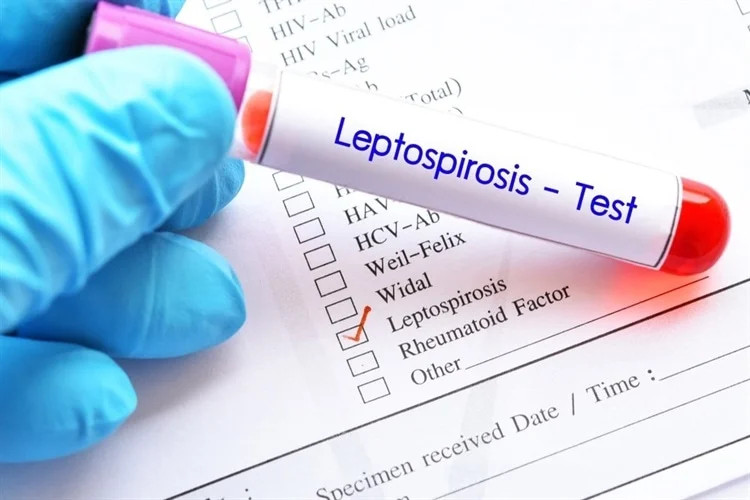Scientists discovered a protein that seals plant roots to regulate the uptake of nutrients and water from the soil. They add that the finding could help in developing climate proof crops that require less water and chemical fertilizers.
The University of Nottingham team identified new components of the lignin barrier in plant roots and the specific function of dirigent proteins (DPs), located in the root endodermis that control water and nutrient uptake. The study “A dirigent protein complex directs lignin polymerization and assembly of the root diffusion barrier” published in Science Direct.
“Functionally similar to the tight junctions present in animal guts, plant roots have evolved a lignified Casparian strip as an extracellular diffusion barrier in the endodermis to seal the root apoplast and maintain nutrient homeostasis. How this diffusion barrier is structured has been partially defined, but its lignin polymerization and assembly steps remain elusive.
Characterization of dirigent proteins (DPs) family is essential for both the localized polymerization of lignin required for Casparian strip biogenesis in the cell wall and for attachment of the strip to the plasma membrane to seal the apoplast. Casparian strip revealed lignification mechanism that requires cooperation between DPs and the Schengen pathway. Furthermore, the demonstration of DPs directly mediate lignin polymerization as part of this mechanism.”
Plant roots function by absorbing mineral nutrients and water from the soil and controlling their proper balance in the plant. Control is exerted by a specialized layer of root tissue called the endodermis.

Impermeable barrier
The endodermis contains a barrier to the movement of solutes and water that is made of lignin, the same material present in wood. This impermeable barrier blocks the uncontrolled movement of material into the root, by forming a tight seal between cells. The seal ensures the only pathway for nutrients and water to be taken up by roots is through the cells of the endodermis. As a result, full cellular control over what enters and leaves the plant via the roots is allowed.
The research has identified new components of the lignin deposition machinery that focus on the function of dirigent proteins (DPs), located in the root endodermis. These proteins act in coordination with other described root regulatory components to direct and organize the correct deposition of lignin in the endodermis allowing the plant to ensure it receives the optimum balance of nutrients from the soil.
This research shows how plant roots can regulate their uptake of water and nutrients through the deposition of lignin, which is regulated by DPs. Without these proteins, proper root sealing is not completed and the nutrient balance in the plant is compromised. This knowledge can be used to engineer plants that can grow with less water and chemical fertilizers.

Copyright © 2023 Genetic Engineering & Biotechnology News.
For more information: CLICK HERE
Gao, Y.Q., Huang, J.Q., Reyt, G., Song, T., Love, A., Tiemessen, D., Xue, P.Y., Wu, W.K., George, M.W., Chen, X.Y. and Chao, D.Y., (2023). A dirigent protein complex directs lignin polymerization and assembly of the root diffusion barrier. Science, 382(6669), pp.464-471. DOI: 10.1126/science.adi5032
The Department of Animal, Aquaculture, and Range Sciences
The College of Agriculture, Sokoine University of Agriculture
Share this page




